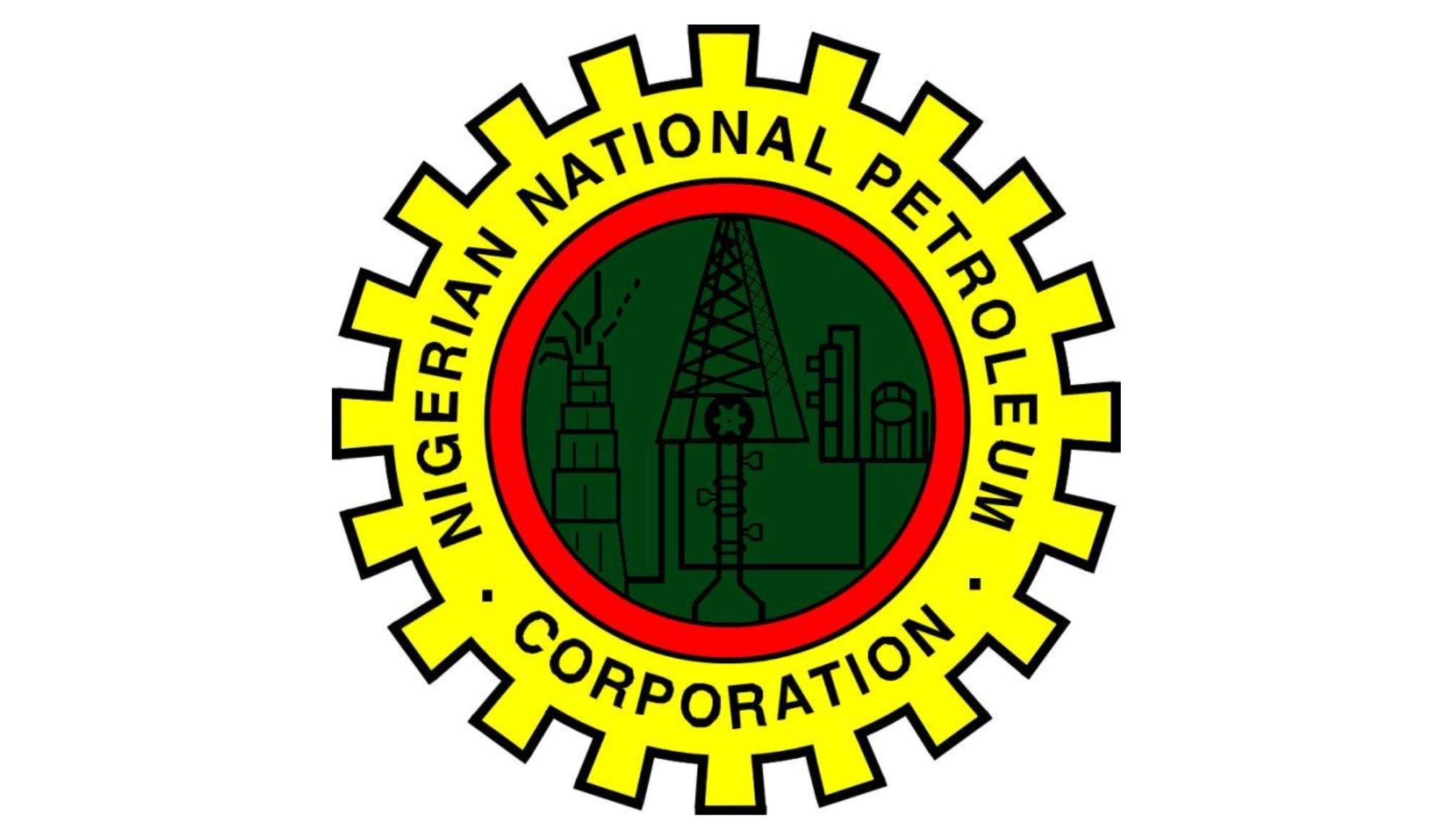Business
$2.7bn Debt: US Court Rules In Favour Of NNPC

U.S. Southern District Court of New York has delivered judgment in favour of the Nigerian National Petroleum Corporation (NNPC) against ESSO Exploration and Production Nigeria Limited and Shell Nigerian Exploration and Production Company Limited (collectively ESSO).
The NNPC disclosed this in a statement issued by its spokesman, Mr Ndu Ughamadu, for the corporation, in Abuja, yesterday.
It would be recalled that a court hearing was held on February 1, in the protracted litigation arising from the disputes between NNPC and ESSO regarding the implementation of the Production Sharing Contract dated May 21, 1993 covering OPL 209/OML 133.
ESSO referred its claims to arbitration in Nigeria and obtained an arbitral award of 1.799 billion dollars on October 24, 2011, with annual interest running at LIBOR plus 4 per cent.
NNPC challenged the judgement at the Federal High Court, Abuja, which in May 2012, ordered that the Arbitral award be set aside.
Notwithstanding the decision of the Nigerian Court, ESSO applied to the United States District Court, Southern District of New York for recognition and enforcement of the arbitral award.
NNPC challenged ESSO’s application on the ground that there was no award, which the US ourt could enforce as a competent Court in Nigeria had since set aside the award.
NNPC also contended that there was no legal basis for the US Court to exercise jurisdiction over it as it had no presence in the United States, owned no property and did not conduct its businesses therein.
ESSO contended that NNPC is the alter ego of the Federal Government of Nigeria, owned assets in the USA including bank accounts and also conducted businesses in the USA.
ESSO obtained the leave of court to conduct jurisdictional discovery to ascertain if the US court could assert personal jurisdiction over NNPC.
At the close of the discovery procedure, the court ordered NNPC and ESSO to appear for oral hearing, which was held before Honourable Judge W. H. Pauley on February 1, for parties to canvass their respective positions.
On September 4, the US court delivered its judgment by which it upheld the NNPC’s a application to dismiss ESSO’s enforcement application on the ground that a competent Nigerian court had set aside the underlying award.
It also directed the clerk of the court to terminate and discontinue all motions and processes filed by ESSO in the matter.
“By this development, NNPC has successfully secured the dismissal of ESSO’s application to secure recognition and enforcement of its arbitral award valued in excess of US$2,699,405,616 plus interest.
Business
Two Federal Agencies Enter Pack On Expansion, Sustainable Electricity In Niger Delta

Business
Why The AI Boom May Extend The Reign Of Natural Gas

Business
Ogun To Join Oil-Producing States ……..As NNPCL Kicks Off Commercial Oil Production At Eba




